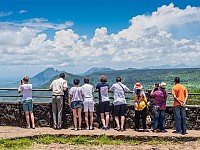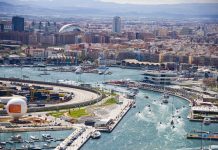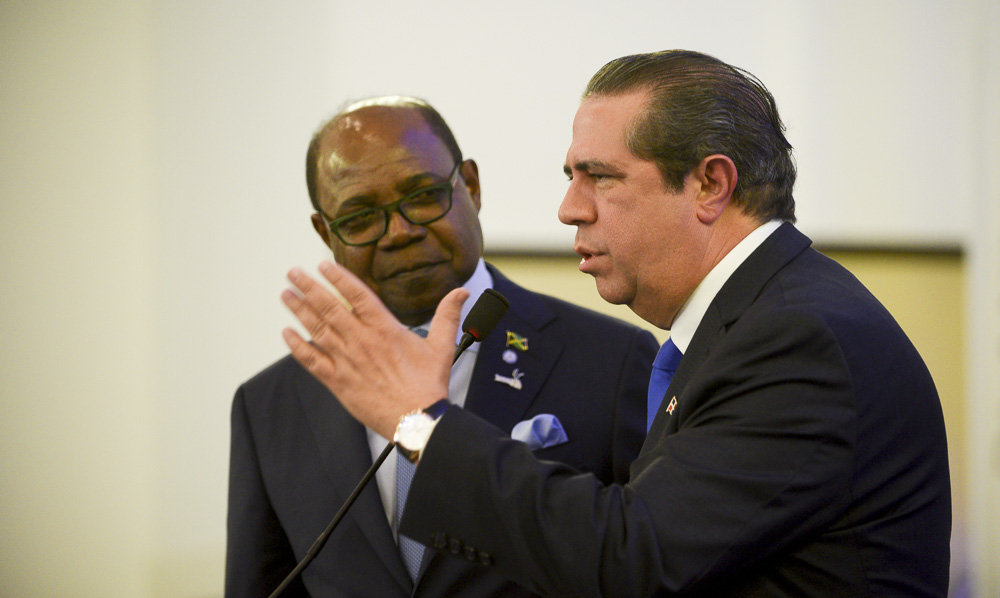This post may contain affiliate links. We may earn money or products from the highlighted keywords or companies or banners mentioned in this post.

The year 2016 has been off to a great start for the Mauritius tourism industry. To maintain the growth, it is essential to increase the hotel portfolio, said the Deputy Prime Minister and Minister of Tourism.
Hotel numbers are set to grow and the objective is to support the upturn in Mauritius tourism which is the country economy’s engine. “We hope to have 600 additional rooms per year, with the aim of maintaining our growth,” said Xavier-Luc Duval, Deputy Prime Minister and Minister of Tourism. “Starting in 2018,” he specified.
In 2016, the tourism industry, which is one of the two main pillars of the economy, is expected to generate a revenue of 54 billion Rs (EUR 1.3 billion). The number of visitors would reach 1.23 million, a new record level. Mauritius tourism is a source of direct and indirect employment for 100,000 people. The Minister’s comments rely on growth within the tourism sector but so far 2016 has started on a high note.
“The situation is very good. We recorded an increase of 12% over the first two months compared to last year,” emphasized Xavier-Luc Duval. “The increased number of tourists is not the only goal. The quality and the revenues generated by these tourists are important as well,” he added.
On December 31, 2015, there were 115 hotels with a total of 13,617 rooms. Of these, according to statistics data from February 26th, 55 hotels have more than 80 rooms. The main hotel groups in Mauritius are New Mauritius Hotels, LUX * Island Resorts, Attitude and Veranda.
“We still have to do a lot to encourage tourism development,” said the Tourism Minister, citing an aquarium project and cable car as examples. “I’m going to tackle the task of finding investors and developing these activities that will allow tourists to enjoy their time and spend more money domestically.”
Nevertheless, Mauritius tourism remains under the influence of external factors. There is always a risk of a global economic recession resulting in a decline in arrivals as was the case in 2007/2008. In addition, there are the threats of terrorism and disease.










